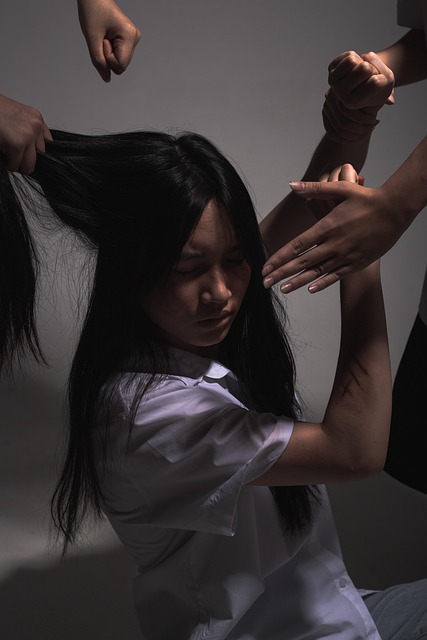Teen Challenge programs, marketed as transformative for at-risk youth, have faced criticism for abuse within residential retreats. These programs, aiming character development and spiritual growth, have been criticized for power imbalances and harsh disciplinary measures. Uncovering abuse requires careful, nuanced approaches due to their private nature, with indicators including behavioral changes and physical signs. Fostering trust, open communication, and safe spaces is vital; legal measures against child abuse and specialized counseling offer justice and deterrents for future abuses, ensuring the well-being of young participants.
“Teen Challenge programs, often marketed as transformative youth rehabilitation, have sparked concern due to alleged instances of abuse. This article delves into the complex world of Teen Challenge, examining its structure and exploring signs of potential harm within these communities. Furthermore, it highlights critical accountability measures, including legal repercussions and support systems, aimed at holding Teen Challenge organizations responsible for protecting vulnerable teens from abuse. Understanding these aspects is crucial in ensuring the well-being of youth involved.”
- Understanding Teen Challenge Programs and Their Structure
- Uncovering Signs of Abuse Within Teen Challenge Communities
- Holding Teen Challenge Accountable: Legal and Support Measures
Understanding Teen Challenge Programs and Their Structure

Teen Challenge programs, often presented as transformative youth initiatives, are structured around intense, residential retreats aimed at fostering character development and spiritual growth in adolescents facing various challenges. These programs typically attract teens struggling with behavioral issues, substance abuse, or personal crises, promising a supportive environment for healing and redemption. However, behind the façade of positive transformation, Teen Challenge has faced significant scrutiny regarding instances of abuse and mistreatment within their facilities.
The structured nature of these programs, while intending to provide structure and guidance, can sometimes lead to power imbalances between authority figures and vulnerable teens. With limited external oversight and a heavy emphasis on discipline and compliance, some Teen Challenge centers have been accused of employing harsh disciplinary measures, including physical punishment and isolation, as methods of control. Understanding the intricate dynamics within these programs is crucial in holding Teen Challenge accountable for any abuse that may occur, emphasizing the need for transparency, regulation, and victim support in addressing this pressing issue related to Teen Challenge Abuse.
Uncovering Signs of Abuse Within Teen Challenge Communities

Uncovering signs of abuse within Teen Challenge communities requires a nuanced approach, as these programs often operate in private and tightly-knit groups. Participants may face various forms of manipulation and control, making it essential for outsiders to be vigilant. Look out for behavioral changes, such as sudden withdrawal from friends and family, increased secrecy, or drastic shifts in academic performance.
Additionally, physical indicators like unexplained injuries, bruising, or poor hygiene can point towards potential abuse. Teen Challenge programs should foster an environment of trust and transparency, enabling individuals to speak out without fear of repercussions. Encouraging open communication and providing safe spaces for victims to share their experiences are crucial steps towards holding these communities accountable and ensuring the well-being of young people in their care.
Holding Teen Challenge Accountable: Legal and Support Measures

Holding Teen Challenge accountable for abuse is a critical step in ensuring the safety and well-being of vulnerable young people. In cases where Teen Challenge, or any similar organization, is accused of abusive practices, legal measures play a pivotal role. Laws against child abuse and neglect provide a framework to investigate and prosecute instances of maltreatment within such institutions. These legal avenues not only offer justice for victims but also serve as a deterrent, encouraging organizations to maintain higher standards of care.
Support measures are equally essential. Victims of Teen Challenge abuse may require specialized counseling and therapy to heal from the traumatic experiences. Collaborations between legal entities, mental health professionals, and child protection services can create a comprehensive support system. This includes access to legal aid, counseling services tailored for abuse survivors, and protective orders to ensure the abuser’s separation from the victim, fostering a safe environment for recovery.
Teen Challenge programs, despite their well-intentioned goals, have been associated with instances of abuse. Recognizing the signs and understanding the legal and support mechanisms available is crucial in holding these organizations accountable. By unmasking and addressing abuse within Teen Challenge communities, we can ensure a safer environment for vulnerable teens and foster a culture of transparency and responsibility. This is an important step towards protecting individuals from potential harm and promoting positive youth development.
